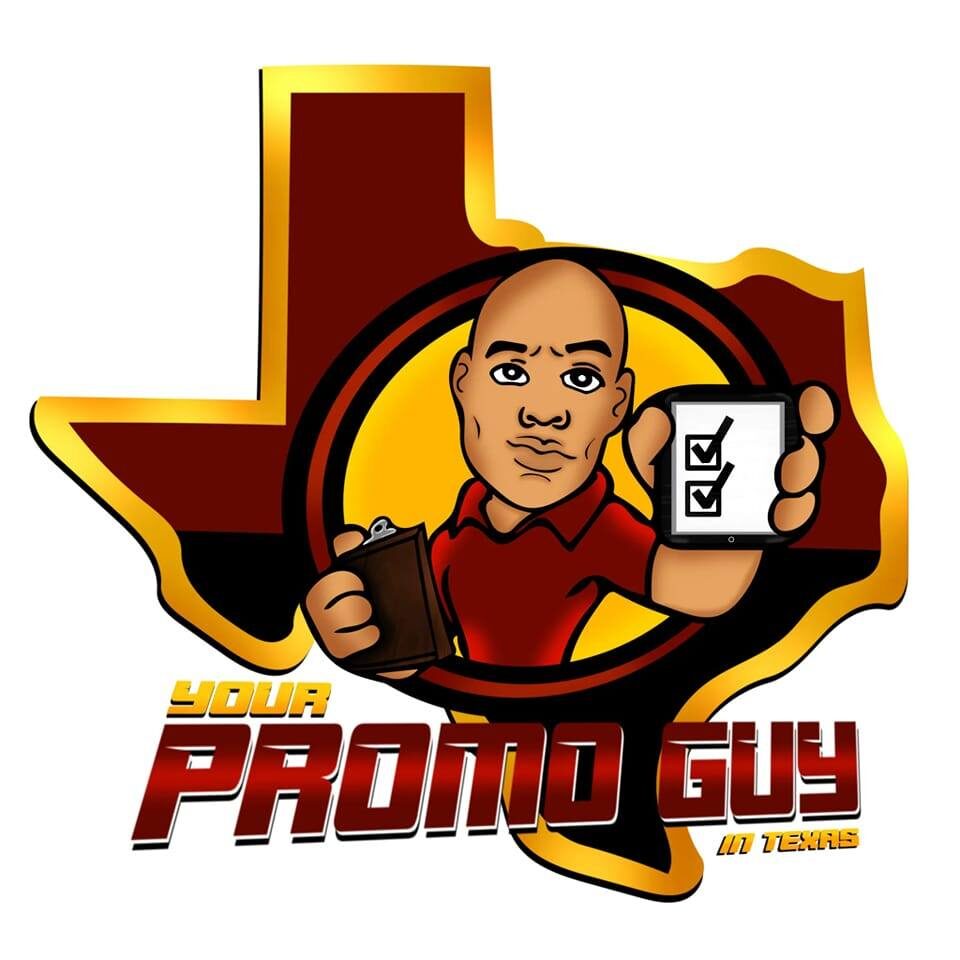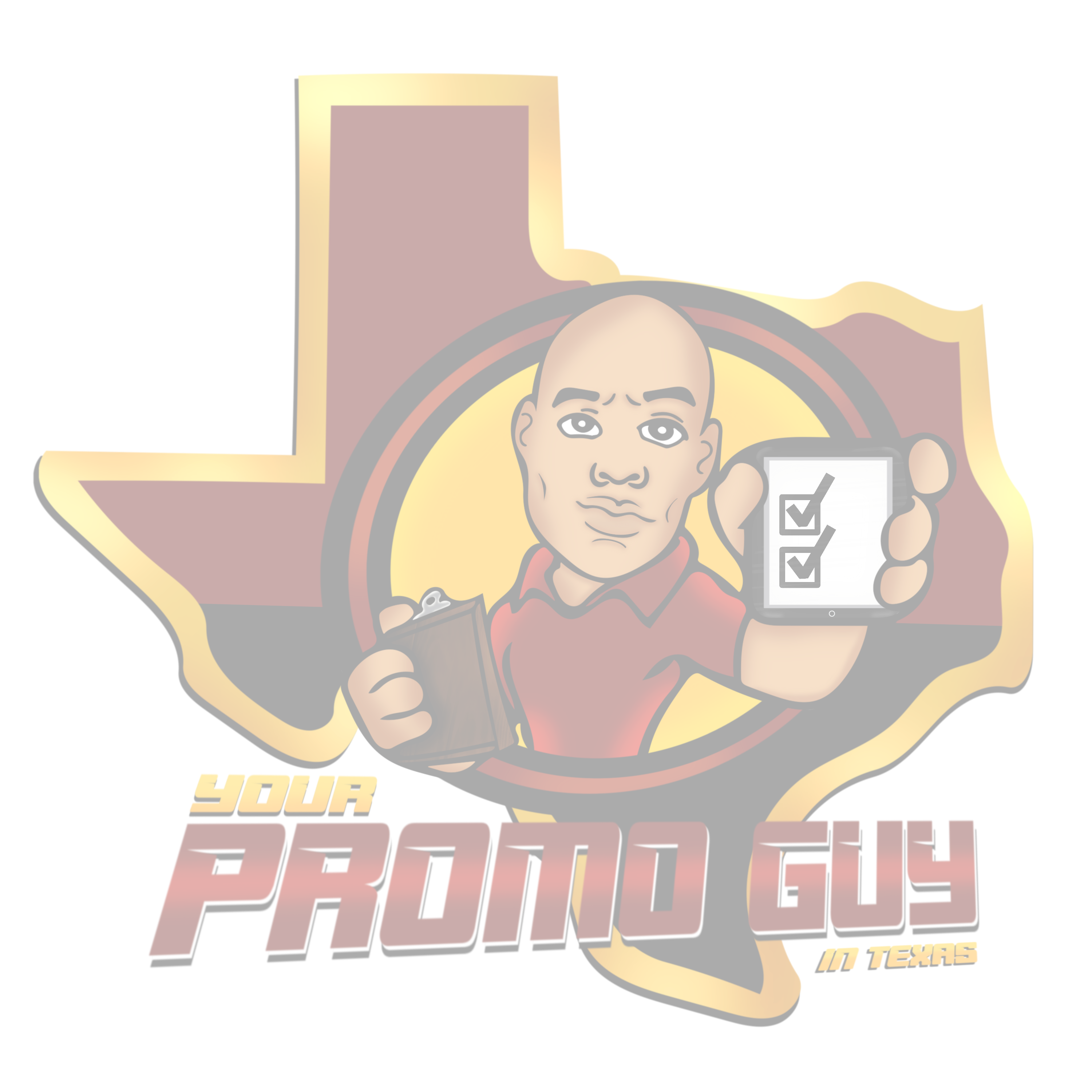Ten years ago Rasmus Cort needed a vocation. He was in his 20s and living in Denmark, his home. That’s when his stepfather introduced him to a tattoo artist.
Fast forward to 2023, and Cort is co-owner of five tattoo shops — four in Denmark and one in Los Angeles — and a direct-to-consumer provider of tattoo skincare products.
He’s found his vocation.
I first interviewed Cort in 2020 when we discussed Sorry Mom, the skincare line. We recently hooked up again, this time addressing Iron & Ink, his tattoo chain.
The entire audio of our conversation is embedded below. The transcript is edited for clarity and length.
Eric Bandholz: You have a chain of tattoo shops.
Rasmus Cort: I have a stake in five tattoo shops called Iron & Ink. We have four shops here in Denmark and one in Los Angeles. Twelve years back, my friend and business partner, Hawaro Juul, started a tattoo shop here in Vejle, a city of 60,000, called Iron & Ink. He was a bodybuilder back then, selling training equipment, protein powder, and gym clothing. He added the tattoo component with himself and one artist.
I came into Iron & Ink 10 years ago by coincidence. My mom married a Philippine guy named Denny, whom she met on Facebook. He had a friend from Manila, Jamie, who was a tattoo artist. I had just returned from traveling to Vietnam, working there for six months. I was trying to find my vocation.
I reached out to Iron & Ink. because I remember seeing them have guest artists coming from outside of Denmark. I came in and met Hawaro. He said bringing in Jamie sounded like a good idea as long as I ensured his papers were okay.
After that, I started hanging out in Hawaro’s tattoo shop, helping with marketing — sending newsletters and emails. We had four artists at that point. Jamie had come to Denmark. He was our first case in recruiting and hiring talent, and it taught us a lot. He worked for us and lived in Denmark for around three years.
Eventually, Hawaro and I decided to ditch the bodybuilding stuff and create a revolution in the tattoo space of Denmark.
Bandholz: What’s the strategy to attract tattoo talent?
Cort: The case with Jamie taught us that no one else in Denmark was recruiting on fair and correct terms. Tattoo shops and even consumers would have, for example, a Colombian guy fly in and do some tattoos under the table with no formal registration. It’s still happening.
But that system is not suitable for recruiting permanent talent. We went through a long regulatory process here in Denmark of pre-approvals and work permits based on paying the artists a certain amount of payroll with valid contracts. To our knowledge, no other tattoo shops do this, but it’s common for soccer clubs to recruit talent — soccer players — from Nigeria, Argentina, or America.
That approval process gave us access to artists worldwide. We could offer fair terms, good payroll, and benefits. We don’t necessarily hire the best or most experienced tattoo artists. We developed a program to educate and build our own talent, similar to an apprenticeship. “Tattoo artist” is not a secure title. If you’re a Dane, you could open a tattoo shop tomorrow and call yourself an artist. But there’s no real education to become a tattoo artist. We’re changing the space.
We spend the first three months with new hires figuring out who they are and whether they are a fit. After that, they get into the apprenticeship program, where we teach them everything about color theory, color techniques, lining, and geometric stuff. They interact with masters. They have crazy challenges, such as drawing a carrot and a turtle in this specific style. It allows them to explore other styles and opens up a lot of conversation. Then they have to pass exams. If they fail, they have to do it again. After failing a third time, we might let them go.
We pay them a fixed salary that matches what they would get as trainees at a shipping company. They can focus on being an artist without stressing about household costs. It’s a loss for us in the first six to nine months, but eventually, they will generate revenue, and we will start profiting from them.
Bandholz: You have Sorry Mom and Iron & Ink — different companies, slightly different ownership.
Cort: Sorry Mom sells tattoo ointments. I started it before joining Iron & Ink. The name Sorry Mom goes back to my own story, where my mom almost ripped my head off when I got my first tattoo. I was hanging out with Hawaro. I was looking for opportunities in this space. We only had a shop with four or five artists back then. We noticed folks would come to the shop and spend $2,000 for a tattoo and then go to the pharmacy and buy a cream designed for sore nipples after breastfeeding or red baby butts.
But tattoos require completely different products. Plus, it’s inconvenient to go to the pharmacy immediately after finishing a tattoo appointment. I told Hawaro, “We’re doing an aftercare product.” He was on board.
We teamed up with a lab and a production partner. We considered calling it Iron & Ink Tattoo Cream but ultimately separated the businesses.
Bandholz: Where can folks support you?
Cort: Our Iron & Ink website has background info and directions to our five shops. Check out our content on YouTube and Instagram. I’m on YouTube, Instagram, and LinkedIn.
Our aftercare website is SorryMomShop.com. On Instagram it’s @SorryMomTattoo.














